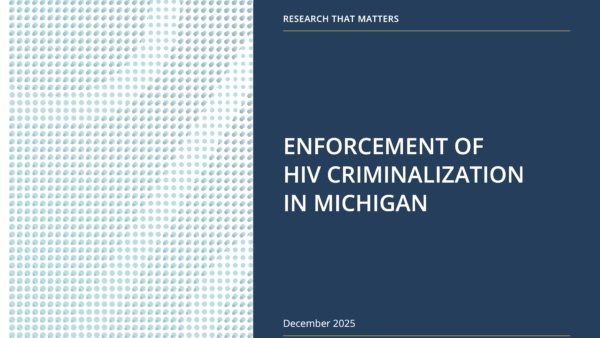
Abstract
States ever since the outbreak of HIV/AIDS have been using different methods in order to combat the pandemic if possible and to reduce vulnerability. In spite of this, HIV/AIDS continues to be prevalent especially in a less developed countries to the extent that it to be hurdle for development. Criminalization of HIV/AIDS patients is one of the mechanisms that are used in the fight against the deadly disease. However, employing criminalization as prevention and vulnerability reduction strategy poses a question and stimulates a debate. Hence, the main thrust of this article is to identify this challenge and to assess whether criminalization of HIV/AIDS patients reduce vulnerability to HIV/AIDS. This being the aim it will also go on to analyze the role of criminal law in a public health issue. In doing so, the article will discuss experience of countries in criminalization of HIV/AIDS patients along side with international frameworks. At a glance, criminal law through a vehicle of punishment seems to play a role in reducing vulnerability to HIV/AIDS but, the writer based on the analyses of relevant literature and experiences of countries, argues that the use of criminal law to address HIV is inappropriate except in rare cases where a person acts with conscious intent to transmit HIV and does so, and this is because of the high degree of proof required in criminal case and the difficulty of using criminal law in HIV related issue due to the nature of the disease and the absence of technology used for the required proof in the criminal law, i.e. beyond reasonable doubt.
Ekubu, Y. (2016) Reducing Vulnerabilities to HIV: Does the Criminalization of HIVAIDS Patients Contribute?. Beijing Law Review, 7, 292-313. doi: 10.4236/blr.2016.74027.
The report can be downloaded here









